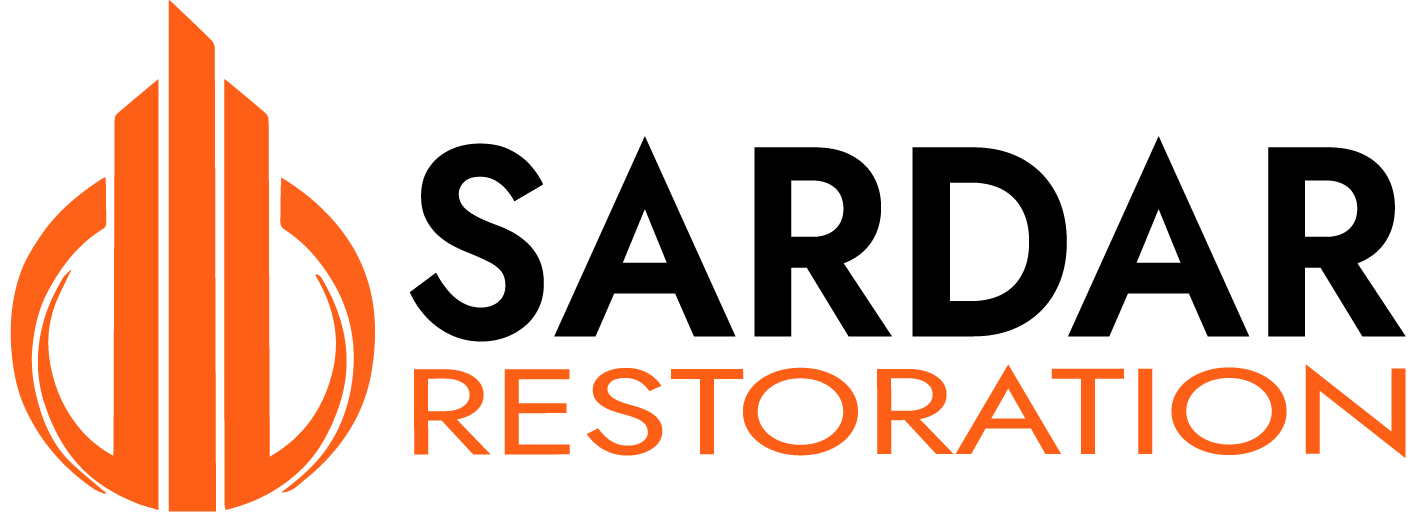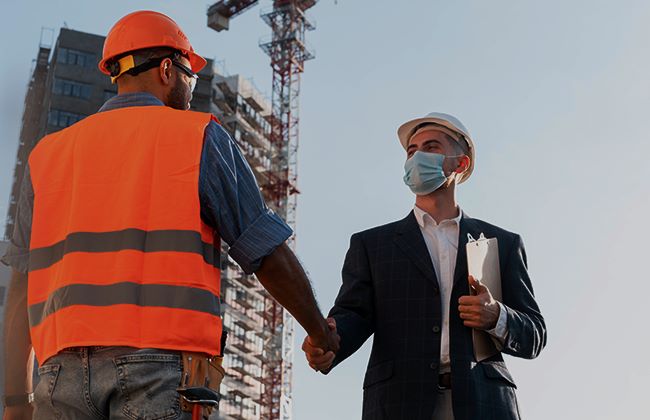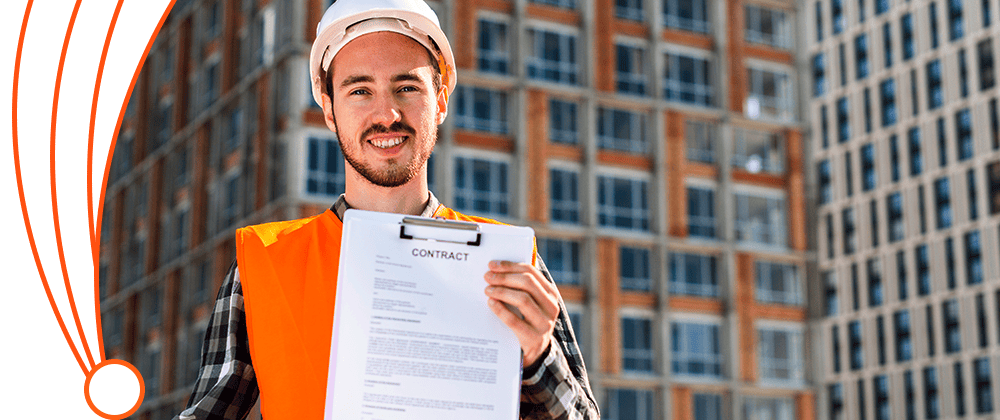What is local law 11? The simple answer to this question is, Local Law 11, also known as the facade inspection and safety program, is a vital law that affects building owners in New York City. This law requires buildings taller than six stories to have their facades inspected by licensed professionals every five years to ensure they are safe and up-to-date with current codes.
Failure to comply with Local Law 11 can result in hefty fines and even more serious consequences. In this blog post, we will dive into everything you need to know about Local Law 11, including what it is, how it affects you, and what steps you need to take for compliance. So read on to become an expert on Local Law 11!
What is Local Law 11?
If we discuss this in a more elaborative way then, Local Law 11 is a law that was enacted in New York City to ensure public safety by requiring building facade inspections. The law requires buildings taller than six stories to have their facades inspected every five years by a licensed building inspector NYC.
These inspections aim to identify and assess any potential hazards or issues with the building’s exterior walls, such as cracks, loose bricks, or other signs of structural damage.
The main purpose behind local law 11
The goal of Local Law 11 is to prevent accidents and injuries caused by falling debris from deteriorating facades. The inspection process includes a visual assessment of the facade and any necessary repairs or maintenance work required for compliance with current codes.
Owners who fail to comply with this law can face significant fines, penalties, and even court orders mandating repair work. Therefore all building owners in New York City must understand the local law 11 requirements and prioritize regular inspections and maintenance schedules for their properties’ exteriors.
Local Law 11 plays an essential role in ensuring public safety while also promoting proper upkeep and preservation of New York City’s iconic architecture.
Critical point: it’s important to note that local law 11 only applies to specific kinds of buildings within the city limits. These are typically commercial and residential structures taller than six floors with a facade facing public streets.
How does Local Law 11 affect me?
As we discussed above that Local Law 11, also known as the Facade Inspection and Safety Program (FISP), is a critical regulation that requires building owners to perform regular façade inspections. This law affects you if you own or manage a building in New York City that is greater than six stories high.
- As a building owner, it’s your responsibility to comply with Local Law 11 requirements. The first step towards compliance is hiring an experienced facade restoration contractor in NYC who will conduct a thorough inspection of your building’s exterior.
- If the inspection uncovers any safety hazards, such as cracks or loose bricks on the façade, then they must be immediately addressed and corrected. Failure to address these issues can result in fines from local authorities as well as potential lawsuits from tenants or passersby harmed by falling debris.
- Not complying with Local Law 11 can have severe consequences for both property owners and occupants alike. In addition to financial penalties and legal action, non-compliant buildings may face negative publicity which could adversely impact occupancy rates and property values.
- Ensuring compliance with Local Law 11 is crucial for maintaining safe conditions within New York City’s built environment. By following this regulation proactively through regular inspections and repairs when necessary, we can help safeguard our city’s infrastructure while providing peace of mind for all those who live or work within its boundaries.
What do I need to do to comply with Local Law 11?
To comply with Local Law 11 in New York City, building owners or managers must hire a licensed and qualified facade restoration contractor to inspect the exterior walls of their buildings every five years. The purpose of the inspection is to identify any potential safety hazards that may arise from loose bricks, cracks, or other issues.
- Once the inspection has been completed, a report must be submitted to the Department of Buildings (DOB) detailing any necessary repairs that need to be made. Building owners then have one year to complete these repairs and submit proof of completion to the DOB.
- Building owners or managers need to ensure they are working with reputable contractors who are experienced in Local Law 11 compliance. They should also be prepared for potential costs associated with necessary repairs as well as budgeting for future inspections.
- It’s crucial for building owners or managers in New York City to prioritize compliance with Local Law 11 not only for legal reasons but also for ensuring public safety and maintaining the integrity and aesthetics of their buildings.
What are the consequences of not complying with Local Law 11?
Not adhering to facade safety regulations can lead to significant consequences for building owners in New York City. The city mandates that buildings taller than six stories undergo facade inspections and maintenance every five years. Ignoring these regulations can result in severe safety hazards as well as legal and financial repercussions.
One potential consequence of failing to comply with these requirements is the issuance of violations by the Department of Buildings (DOB). These violations can incur hefty fines, ranging from hundreds to thousands of dollars per month until the issue is resolved.
Additionally, if a building owner fails to address any unsafe conditions identified during an inspection. They may be held liable for any injuries or damages that result from those conditions. This liability can extend beyond just one individual incident, potentially involving multiple parties over time.
Moreover, neglecting facade safety can also affect property values and insurance coverage options for buildings. Insurance providers may require proof of compliance before offering coverage or adjust rates based on compliance history. Property values may decrease due to heightened safety concerns among prospective buyers or tenants.
In summary, overlooking the requirements for facade safety poses several negative consequences that extend beyond merely violating city regulations. Building owners should prioritize meeting these safety mandates. This is part of their overall responsibility toward ensuring public safety and maintaining their property value.
How often do I need to have my building inspected under Local Law 11?
Under Local Law 11, building owners in New York City must have their buildings’ facades inspected and maintained every five years if they are over six stories tall. Authorities enacted this law following a tragic incident in which a piece of masonry fell from a building and killed a pedestrian.
- The inspection process involves examining the facade for any signs of wear and tear. Look for cracks or loose bricks that could potentially fall off and cause harm to the people below. If the inspection reveals any issues, the building owner must hire a licensed contractor who specializes in facade restoration.
- After completing the necessary repairs, you must conduct another inspection to ensure that everything has been fixed properly. Once the building passes this second inspection, it will receive documentation stating that it complies with Local Law 11.
- It’s important to note that failure to comply with Local Law 11 can result in hefty fines for building owners. Additionally, if any accidents occur due to negligence on behalf of the owner or lack of compliance with local laws. They may face legal action from injured parties.
Building owners should stay on top of maintenance requirements outlined by Local Law 11. Not only for safety reasons but also because non-compliance can lead to serious financial consequences.
The crucial role of facade restoration contractors NYC
Facade restoration contractors in NYC play a critical role in ensuring compliance with Local Law 11. These professionals specialize in restoring the building facades to maintain structural integrity and prevent accidents.
The facade of a building is more than just an aesthetic feature; it’s also crucial for safety concerns. Therefore, you must immediately address any signs of deterioration or damage. Hire professional contractors who can provide competent restoration services.
In New York City, numerous facade restoration contractors offer different services depending on the specific needs of your building. Some companies focus on simple cleaning and maintenance tasks while others undertake major repairs and reconstruction work.
When choosing a contractor for facade restoration work, it’s essential to consider their reputation. Experience, certifications, insurance coverage, and price range are also important. Take time to research various options before making any decisions as this will ensure you get quality service at reasonable rates.
Working with experienced facade restoration contractors in NYC is vital not only for property owners but also for tenants’ safety. A properly maintained exterior helps prevent injuries due to falling debris or unstable structures. It also enhances curb appeal, which translates into higher property values over time.
Summary of the Article
This regulation is a crucial aspect of building management in New York City. It ensures the safety of pedestrians and occupants by mandating regular inspections and repairs to the facades of buildings. Building owners must adhere to this regulation or face significant consequences such as fines, penalties, and even legal action.
To adhere to this regulation, it’s essential to engage experienced facade restoration contractors. In NYC, they are familiar with the rules and requirements. These professionals can assist you through every step of compliance, ensuring that your building remains secure and appealing.
Remember that adhering to this requirement isn’t just a legal obligation; it’s also a critical responsibility towards public safety. By actively working towards compliance measures promptly, you avoid potential financial repercussions. You also contribute positively to the overall well-being of your community.
We hope this article has provided valuable insights. It explains the importance of this regulation and how you can ensure compliance. This keeps your building safe for everyone around it!
FAQs
Q: What is the Facade Inspection and Safety Program (FISP)?
A: The Facade Inspection and Safety Program (FISP) requires facade inspections every five years. Buildings taller than six stories in New York City must meet current safety codes.
Q: Why is compliance with the Facade Inspection and Safety Program important?
A: Complying with the Facade Inspection and Safety Program is essential for public safety, preventing accidents from falling debris. It also avoids legal and financial penalties for building owners.
Q: What happens if I don’t comply with the Facade Inspection and Safety Program?
A: Non-compliance can lead to severe consequences including hefty fines, potential lawsuits, and liability for injuries caused by facade issues. It may also negatively affect property values and insurance rates.
Q: How often must buildings undergo inspection under the Facade Inspection and Safety Program?
A: Buildings over six stories in New York City must have their facades inspected. They must be maintained every five years to comply with the Facade Inspection and Safety Program.
Q: What role do facade restoration contractors play in complying with the Facade Inspection and Safety Program?
A: Facade restoration contractors in NYC are crucial for ensuring compliance with the Facade Inspection and Safety Program. They assess and repair facade damage, helping maintain building safety and structural integrity.




